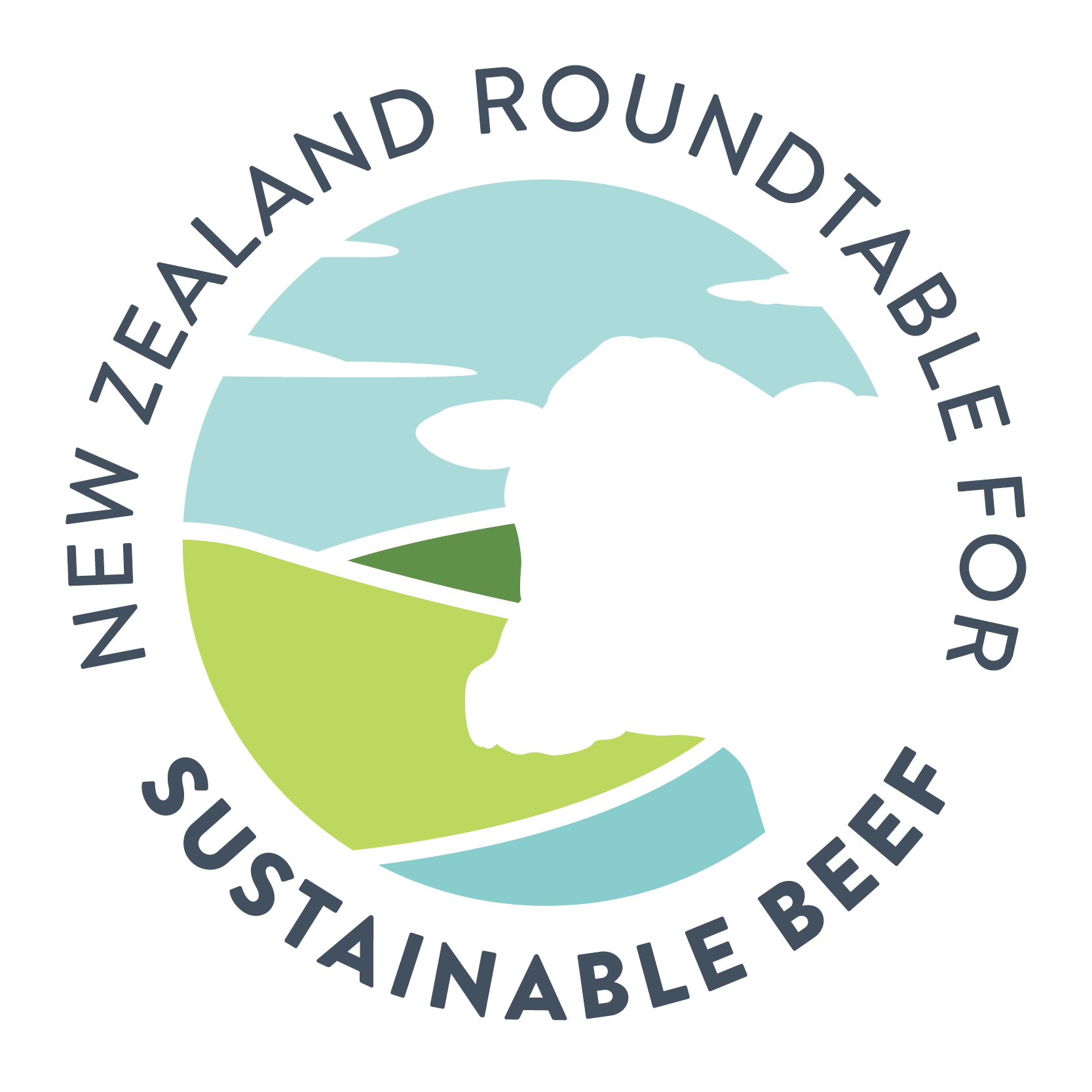Future finance linked to sustainable environmental management
Environmental and social sustainability is likely to play an increasingly role in financial lending and New Zealand agriculture is well positioned to capitalise on this growth in sustainable agricultural finance.
This is according to Blake Holgate, Rabobank’s Head of Sustainable Business Development.
Speaking at the New Zealand Roundtable for Sustainable Beef’s inaugural conference in Invercargill last month, Blake outlined the Sustainable Agricultural Finance Initiative (SAFI) and defined what sustainable finance meant. He also highlighted the opportunities and challenges for New Zealand agriculture to take advantage of this growth in sustainable finance.
He says sustainable finance is the financing of businesses or economic activities that have a verifiably positive impact on the environment and/or society. They are usually linked to global goals such as the Paris Agreement or UN Sustainability Development Goals.
While initially driven by a voluntary desire for greater investment in sustainability, there is now an increasing regulatory compliance element to this reallocation of finance into activities that are considered sustainable.
There is also an increased obligation for companies and investment funds to report on and take action to reduce their impact on the climate or environment.
Blake says the benefits of this growth in sustainable finance includes access to capital that may not have been previously available.
“There is money looking for a home and potentially, New Zealand agriculture maybe able to access a whole new pool of capital.”
Conversely, if farmers aren’t doing what they are required to do, then their ability to source capital may become very difficult.
Currently, there is limited sustainable finance in agriculture due to structural barriers, including defining what sustainable agriculture is: What does good look like in a dynamic environment across a range of systems and environments?
There are also technical limitations to doing the necessary measuring, monitoring and reporting.
“It’s easy to do in transport; not so easy in agriculture.”
New Zealand also lacks the scale required for many financial institutions which are generally looking to invest USD $200m-$250m.
“Agriculture has traditionally faced less public and regulatory climate change scrutiny but that is changing.”
Despite these challenges, Blake says New Zealand is well positioned to capitalise on the sustainable finance trend, especially compared to other countries.
The combination of regulatory pressure and specific sector visions will favour New Zealand agriculture as an investment proposition, along with the technologies that can help measure and monitor environmental performance.
Blake introduced the Sustainable Agriculture Finance Initiative (SAFI) which is an initiative of The Aotearoa Circle, driven by five major banks (ASB, ANZ, Westpac, BNZ and Rabobank) and supported by the Ministry for Primary Industries.
The purpose is to accelerate further investment and support for sustainable agriculture in New Zealand. To achieve this, SAFI is working with stakeholders to develop a feasible sustainable agriculture finance standard in New Zealand.
The international definitions for sustainable agriculture are being led by the EU Taxonomy for financial lending, but the challenge for SAFI is translating what farmers are doing in New Zealand with what is being required by European markets.
“We can’t translate like for like but our standards still have to stand up to the rigor of international expectations,” Blake says.
To access SAFI finance, famers will need to meet minimum requirements for climate change mitigation and adaptation, water, waste, pollution and biodiversity. They also need to make a substantial contribution to climate change mitigation or adaptation and comply with minimum social safeguards around labour rights, animal health and welfare and health and safety.
Blake says criteria are being refined and SAFI is trying to align them with government targets and leading land management practices.
“We need to have an understanding of where the current accreditation standards are and where the gaps are.”
Blake says success will include the establishment of a common sustainable agriculture standards against which financial institutions can access agricultural borrowers.
“We want to encourage low-cost investment flows from the financial sector to farmers and growers engaged in or transitioning to more sustainable activities.”
Ultimately, it’s about supporting New Zealand’s agricultural sector to reduce emissions, improve resiliency and deliver a sustainable future.

